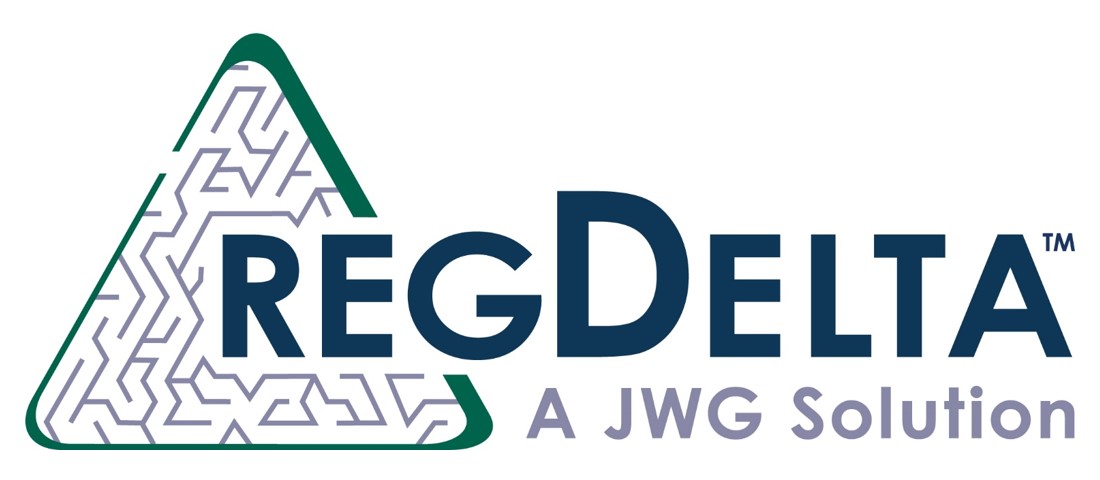JWG analysis.
The Bank of England (BoE), along with the Prudential Regulation Authority (PRA) and the Financial Conduct Authority, has released 2 joint consultations and 1 policy statement on remuneration, clawbacks, and accountability in Financial Services:
- 30 July – Policy Statement PS7/14 Clawback – here
- 30 July – Consultation Paper PRA CP15/14/FCA CP14/14 Strengthening the alignment of risk and reward: new remuneration rules – here
- 30 July – Consultation Paper FCA CP14/13/PRA CP14/14 Strengthening accountability in banking: a new regulatory framework for individuals – here
These changes include a new approval regime for the most senior individuals whose behaviour and decisions have the potential to bring a bank to failure, or to cause serious harm to customers and introduce new rules on remuneration to strengthen the alignment between long-term risk and reward in the banking sector. These rules will come into force on 1 January 2015.
The PRA and FCA proposals include:
- A new Senior Managers Regime which will clarify the lines of responsibility at the top of banks, enhance the regulators’ ability to hold senior individuals in banks to account and require banks to regularly vet their senior managers for fitness and propriety
- A Certification Regime requiring firms to assess fitness and propriety of staff in positions where the decisions they make who could pose significant harm to the bank or any of its customers
- A new set of Conduct Rules, which take the form of brief statements of high level principle, setting out the standards of behaviour for bank employees
- Rules on delayed variable remuneration (e.g. bonuses) for a minimum of five or seven years depending on seniority, with a phased approach to vesting
- Further enhancing the ability of firms to recover variable remuneration, even if paid out or vested, from senior management if risk management or conduct failings come to light at a later date
- Final rules on clawback which introduce a seven-year minimum period for clawback from the date of award.
We have loaded these documents into RegDelta, as part of its structural library, meaning that those with access to the tool can use our ontology to analyse the document, and the delta function to compare the reporting requirements, and their application, within the context of existing remuneration rules such as under CRD IV, FSMA or the Banking Reform Bill.

